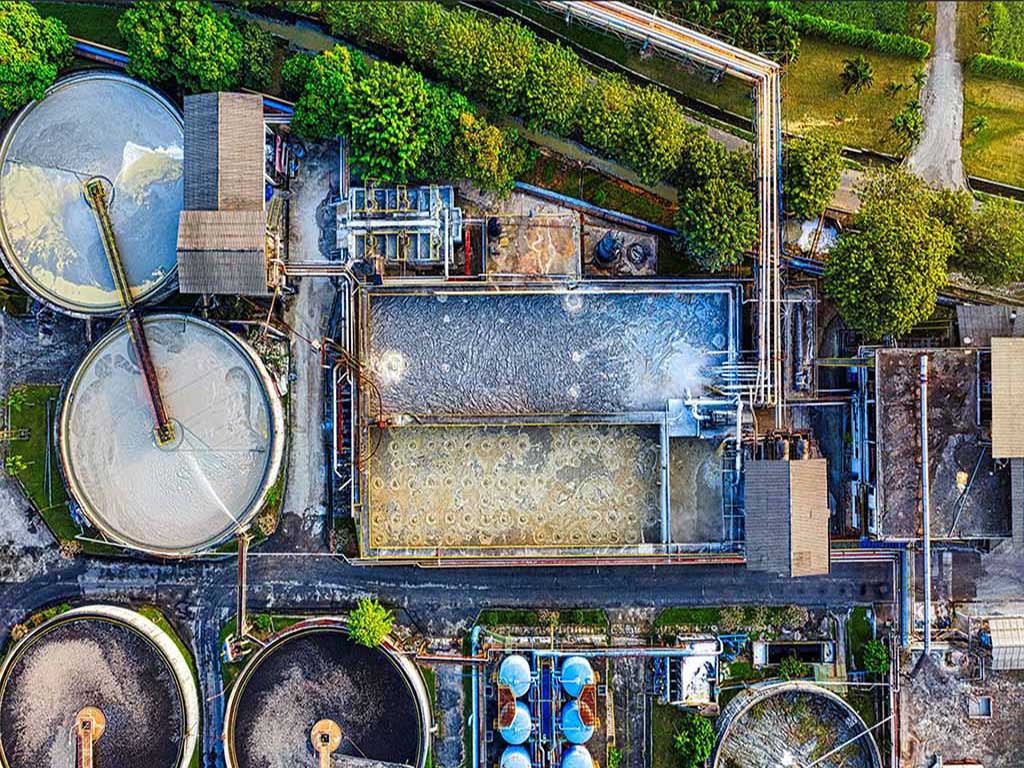SWM&Circular Economy
Description
The Solid Waste Management & Circular Economy area will bring together experiences from different countries - Africa, Asia, and Latin America - and will provide examples of integrated SWM practices and how the circular economy can be implemented in countries with varying levels of economic development.
As part of the European Green Deal, a circular economy will be promoted to improve waste materials' productivity, efficiency, and reuse through recycling and synergies with other urban systems. Aiming to reduce air pollution in cities, it is important to look at cross-sectoral abatement strategies through waste reduction, diversion, reusing, and replacing existing dumpsites with controlled landfills.
In low- and middle-income countries, only about 48 percent of waste is collected, and therefore, more than half of the generated waste is informally treated and ends up in open dumps or burned. Waste accumulation and/or burning in public spaces and key ecosystems increases health and environmental risks. In addition, waste is expected to triple by 2050, with significant increases in Sub-Saharan Africa, and significant impacts on human health and the environment.
The SWM&Circular Economy Thematic Area will contribute to sharing knowledge and resources with experts and practitioners on implementing a circular economy approach and presenting strategies for improving the SWM service delivery and its financial sustainability.
Knowledge Products implemented under the DG INTPA F4 are shared on this web page.

Related documents
SWM_WEBINAR
English (25.37 KB - PDF)